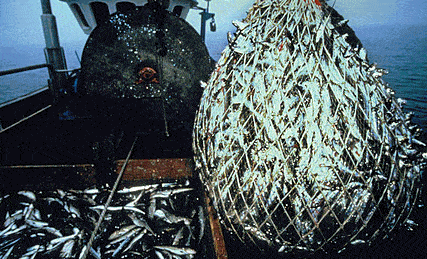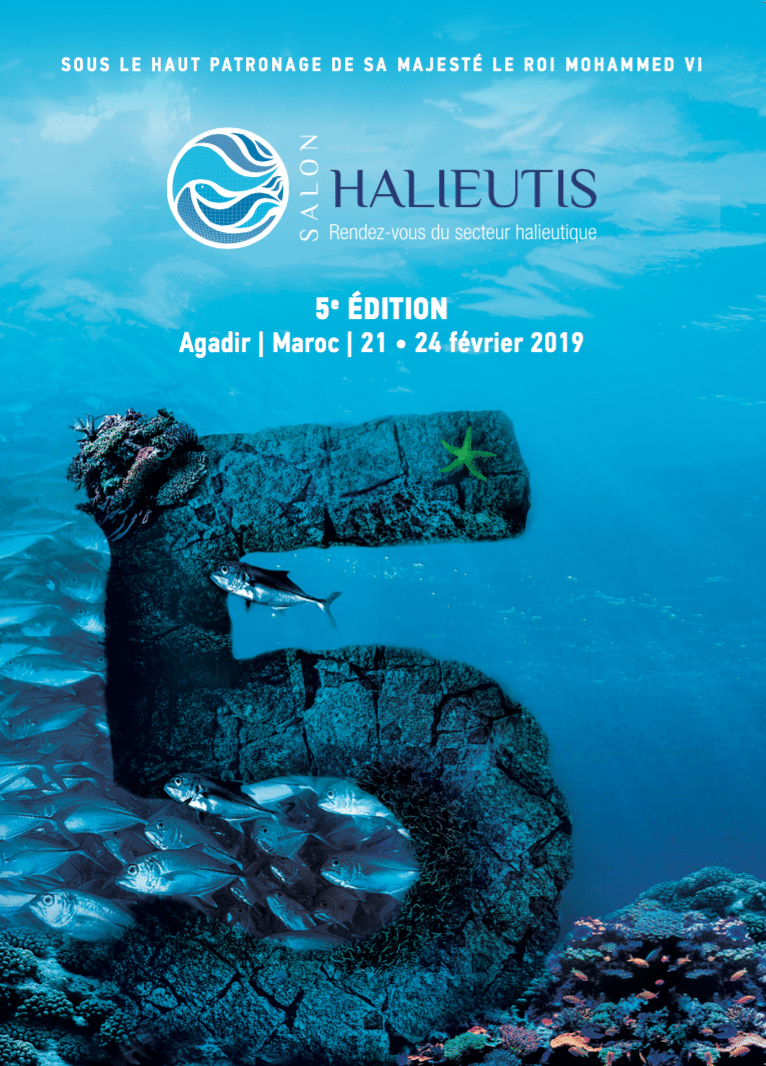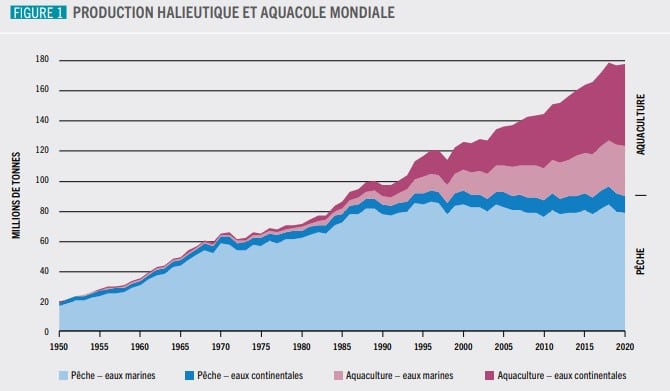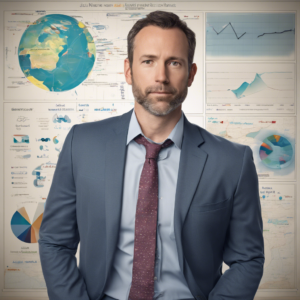There fishing and theaquaculture constitute vital economic activities, feeding nearly 800 million people around the world. However, our way of life based on these resources is today threatened by fishing and aquaculture production which has constantly increased by 3.5% per year since 2005, a rate which exceeds global population growth. This progression calls into question the fragile balance of marine ecosystems, where overfishing exerts significant pressure. Faced with the colossal gains generated by capture fishing industrial, it is urgent to reconcile the exploitation of these resources with their conservation. The fishing industry is at a crossroads where it must rethink its practices to preserve marine biodiversity and guarantee sustainable catch levels, while responding to contemporary societal and environmental challenges.

The fishing industry plays a crucial role in maintaining the balance of marine ecosystems and the global food supply. With increasing pressure on marine resources due to overfishing and the ineffectiveness of current practices, there is an urgent need to re-evaluate our operating methods. The objective is to guarantee a sustainable fishing and aquaculture, reconciling economic activities and ocean conservation. This article explores the challenges and solutions for responsible management of fisheries resources.
Table of Contents
ToggleThe challenges of the modern fishing industry
There fishing and aquaculture are responsible for the nutrition of approximately 800 million people around the world. However, these essential activities face considerable challenges due to unsustainable practices. Notably, fish production has increased by 3.5% per year since 2005, a figure which far exceeds the population growth rate. This overfishing threatens not only fisheries resources, but also marine biodiversity.
The impacts of overfishing
Overfishing represents a major threat to marine ecosystems. Intensive and often irresponsible industrial fishing practices lead to excessive localization of certain species, thus disrupting the ecological balance. The impacts on the marine environment are devastating: decline of fish populations, destruction of marine habitats, and reduction of biodiversity. This excessive exploitation also harms local communities who depend on these resources to survive.
Towards sustainable fishing and aquaculture
The solution to these problems lies in the implementation of sustainable management of fisheries resources. It is imperative to adopt strict regulations to limit capture fishing and encourage more responsible practices. The promotion of a sustainable aquaculture is also a key step. Fish farming has significant potential to preserve ocean natural reserves while meeting the growing demand for seafood.
The importance of a strong regulatory framework
A strong legislative framework is essential to ensure the sustainability of the fishing industry. By integrating selective fishing practices and implementing catch quotas, governments can effectively limit overfishing. Monitoring industrial fishing activities and enforcing sanctions for non-compliance with guidelines is also crucial for the conservation of marine ecosystems.
Reconciling exploitation and conservation
To redefine our relationship with the sea, it is necessary to reconcile the exploitation of resources and the preservation of the oceans. By redirecting investments towards environmentally friendly production methods, it is possible to rebuild ecosystems and maintain catch levels compatible with biodiversity. Public education and increased awareness of fisheries resource issues can also play a key role in this transition to a more responsible industry.










